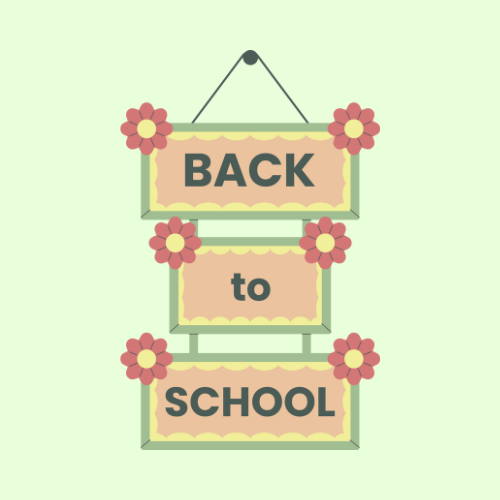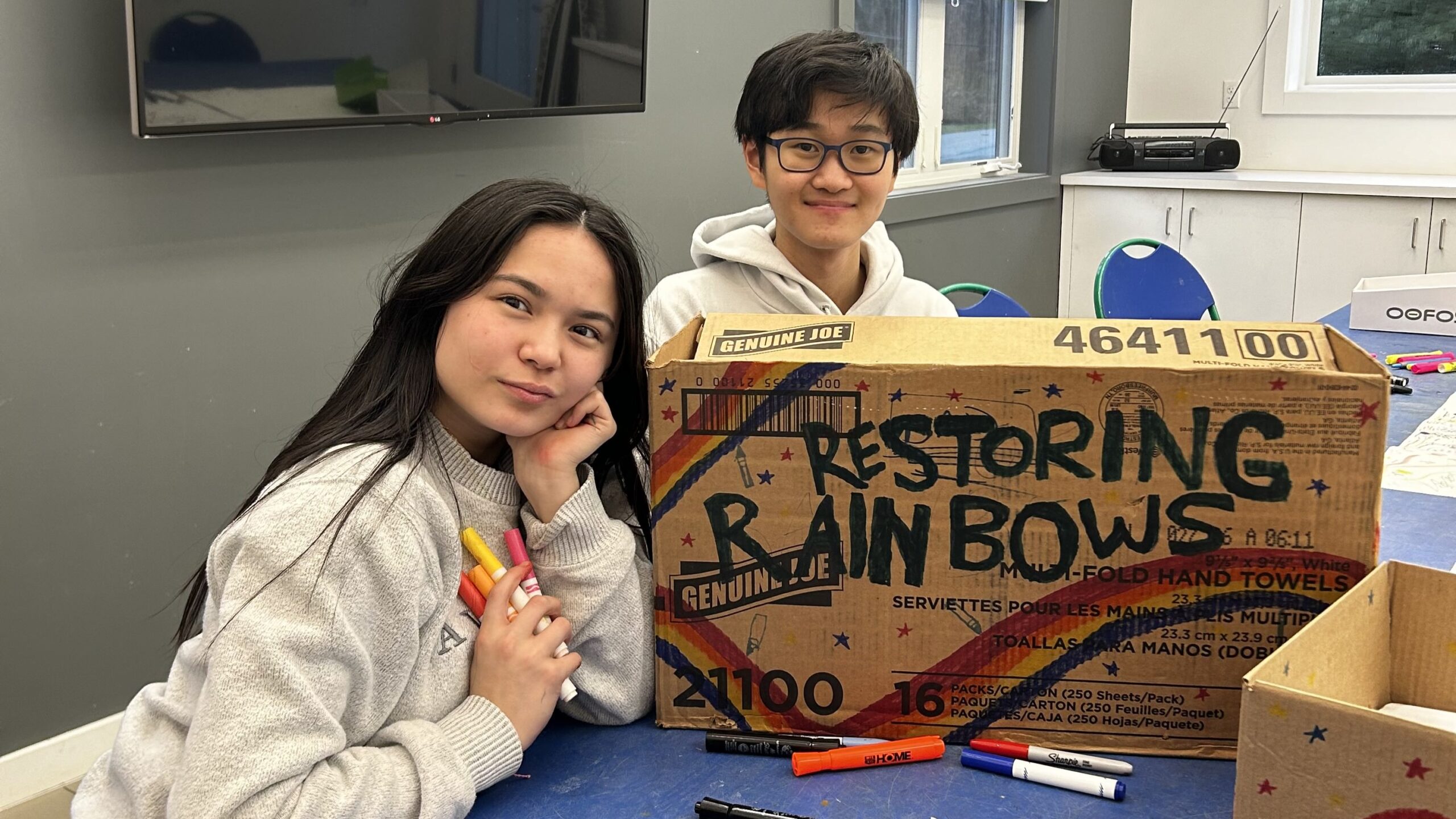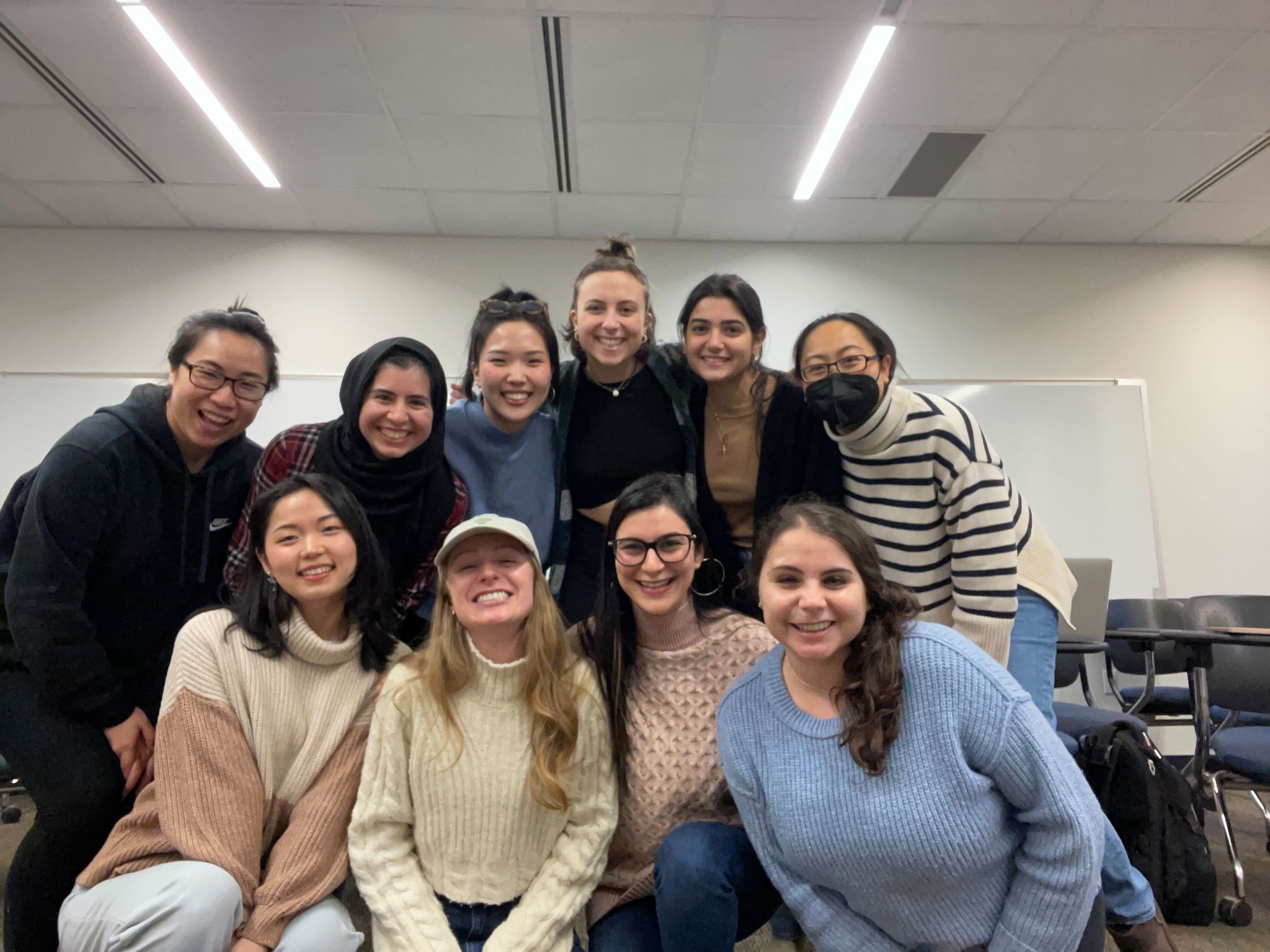Building friendships can be a tricky task when you get older. I recall being in kindergarten and I walked up to a girl and said, “Do you want to be my friend?” And she said “Yes!” We skipped off to the playground. It was that easy! For some odd reason, it’s not that easy in high school.
As I’m learning how to build healthy relationships, I’m also learning that some interactions are not healthy. We all want to have friends and find people to connect with; but sometimes people can be mean, rude, dismissive or just out right disrespectful. Learning how to identify negative characteristics is really important when you’re trying to build relationships.
I have a very healthy relationship with my parents. We have open communication and dialogue often. We talk about all kinds of things which helps build my understanding of how to communicate my emotions, ideas, and opinions. In school, I’m starting to notice some of my peers do not have those same skills. Instead of communicating their issues, they struggle or choose not to communicate and have a hard time sharing their feelings, which leads to misunderstandings, or they just don’t know how to share their feelings and that leads to being dismissive.
All of this can lead to unhealthy behavior that can make people uncomfortable, especially if it turns to anger and frustration. For myself, I’ve learned that having open communication with my peers can be difficult, but it’s necessary. Here are 3 tips to help you navigate relationships:
- Understand your boundaries and how to communicate them. Setting boundaries can feel like you’re being selfish, but protecting your peace is and prioritizing your mental health is never selfish. It’s important to set clear boundaries that are you set for yourself and how you want to interact with friends. The key is expressing healthy communication and focusing on positive ways to express yourself. For tips on how to be there for a friend while also taking care of your own mental health, check out the Be There Certificate.
- Learn the signs of an unhealthy relationship. If you notice you feel down, upset or angry when you’re with certain friends, take a step back and identify what might be unhealthy about your interaction with them. If you notice your mood or morale is down when you’re around certain friends, you have to prioritize your feelings and why you’re feeling that way.
- Know when to identify what makes you uncomfortable and how to express yourself. If you’re uncomfortable, find a safe adult to talk to. That can be a family member, a therapist, or even a school counselor. Having a trusted person you can confide in can help you work through your feelings and your friendships if a problem arises.





















